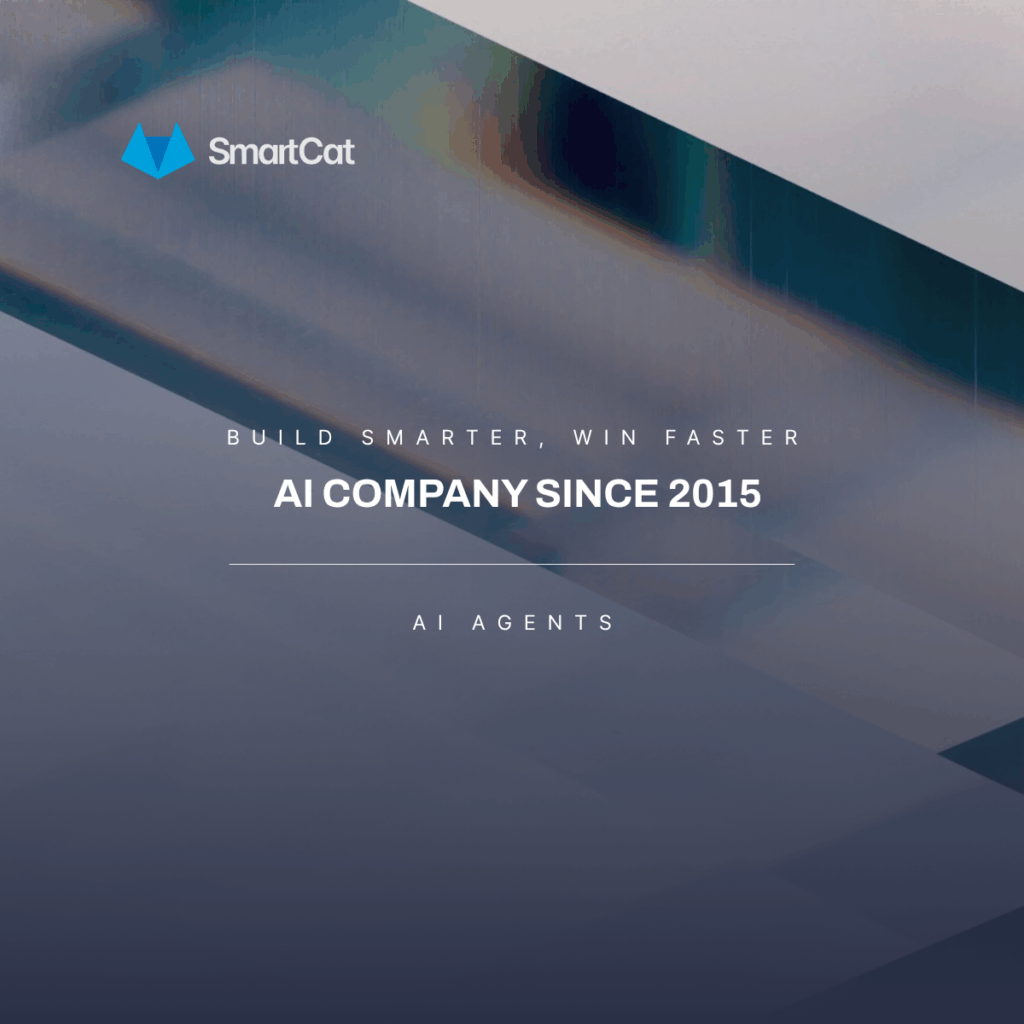AI Agents Are Changing the Game: Between Automation and Trust – Where Are We Now?
|
Jul 22, 2025

How the evolution of artificial intelligence in the form of AI agents has reshaped communication, sales, and knowledge access in modern companies – and what it means for all of us.
In December 2023, during a critical meeting with a client in the energy sector, our sales team was asked to present real-time results of our solution from the previous quarter, specifically within a similar industrial context. In the past, this would’ve meant going back to the office, manually digging through internal databases and documentation, and sending a follow-up report often requiring an additional meeting.
How the evolution of artificial intelligence in the form of AI agents has reshaped communication, sales, and knowledge access in modern companies – and what it means for all of us.
In December 2023, during a critical meeting with a client in the energy sector, our sales team was asked to present real-time results of our solution from the previous quarter, specifically within a similar industrial context. In the past, this would’ve meant going back to the office, manually digging through internal databases and documentation, and sending a follow-up report often requiring an additional meeting.

AI Agents: Teammates That Never Sleep
Today’s AI agents are far from the basic chatbots of the past. They understand context, company tone of voice, and connect information across systems. Thanks to advanced NLP and NLU algorithms (Natural Language Processing and Understanding), and mechanisms like RAG (Retrieval-Augmented Generation), they can rapidly search vector knowledge bases and deliver accurate, relevant, and customized responses.
They learn from every interaction and improve over time. They’re no longer just answering questions, they actively support teams in daily tasks: customer support, internal communication, meeting prep, and onboarding.

When Knowledge Isn’t Accessible, You Lose Time, Trust, and Money
In most companies, information is fragmented – buried in internal documents, scattered in emails, forgotten in unindexed PDFs, or gone with the person who left. When someone asks a question, the team wastes time searching for answers instead of solving problems. New employees learn by trial and error. Analysts spend hours instead of minutes looking for insights.
AI agents solve this by becoming the intelligent layer between users and knowledge. Their power lies in the ability to contextually connect information, recognize patterns in questions, extract data from multiple sources, and deliver clear, personalized answers.
“Every time an AI agent responds, it improves. Every time we add a validated answer, it remembers.”
Humans Stay at the Center, But with AI as a Tool
The role of employees is evolving, not disappearing. Some of the most successful AI agent use cases come from industries where speed is critical and mistakes are costly. At a logistics company, a team member responsible for daily operations coordination uses an AI assistant to check updated protocols, analyze reports, and even simulate consequences of potential delays. Instead of relying on instinct or manually searching through dozens of files, they make data-backed decisions in real time.
In sales teams, the agent serves as a predictive assistant: helping prepare for meetings, analyzing past client conversations, and suggesting the most impactful references. In HR, the agent supports new hires during onboarding, answers procedural questions, and helps them integrate faster.
In all these cases, the technology doesn’t replace expertise, it enhances it. Humans remain in charge of relationships, negotiations, and strategy – but with less friction, less reliance on memory, and more support from data.
What Does Working With an AI Agent Look Like in Practice?
Over the past year, SmartCat hosted a series of meetups dedicated to practical AI agent implementation in some of Europe’s most dynamic tech hubs: London, Berlin, and Amsterdam. We spoke with CTOs, product leaders, and data engineers about real-world challenges, infrastructure demands, and everyday outcomes from adopting AI agent solutions.
Interestingly, almost the same questions came up in every city:
How do we know the agent is providing reliable information?
Who controls the decision-making the agent supports?
How do we prevent the agent from becoming a “black box” we blindly trust?
These discussions are valuable because they show the market is maturing. It’s no longer just about building the agent – it’s about trusting it, maintaining it, and embedding it into a culture of responsibility rather than just scaling tools.
Our conclusion from all these conversations was clear: the success of AI agents doesn’t only depend on model performance, it depends on how they’re embedded in systems of trust, knowledge management, and quality control. Technology without context brings speed, but not necessarily safety. And trust in AI agents begins with trust in the team who built them.
A compelling example of the infrastructure behind these agents is shared in our blog co-authored with partners from Weaviate and Databricks, along with real-world insights from working with Pinecone. We showcased how the Databricks Marketplace integrates with Weaviate’s vector knowledge base via Spark connectors and RAG capabilities, including hybrid/vector search across Databricks endpoints, while Pinecone delivers the key layer for scalable and reliable vector systems. These architectures enable fast, accurate, production-ready AI agent implementations.
Blog: https://lnkd.in/e57t7QEG
Implementation Guide: https://lnkd.in/e9UEDbru





